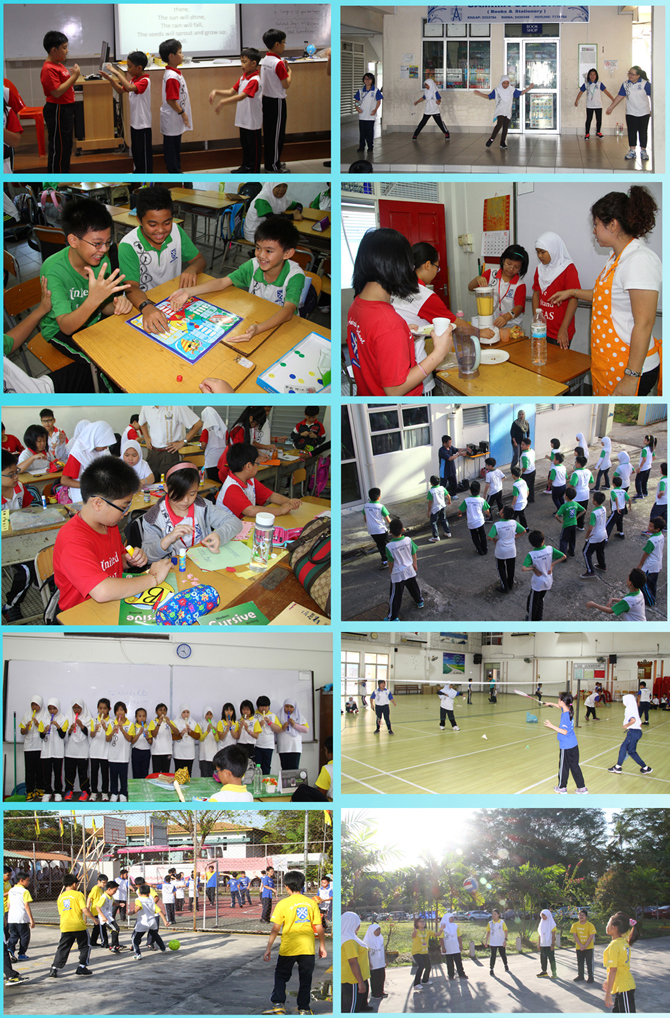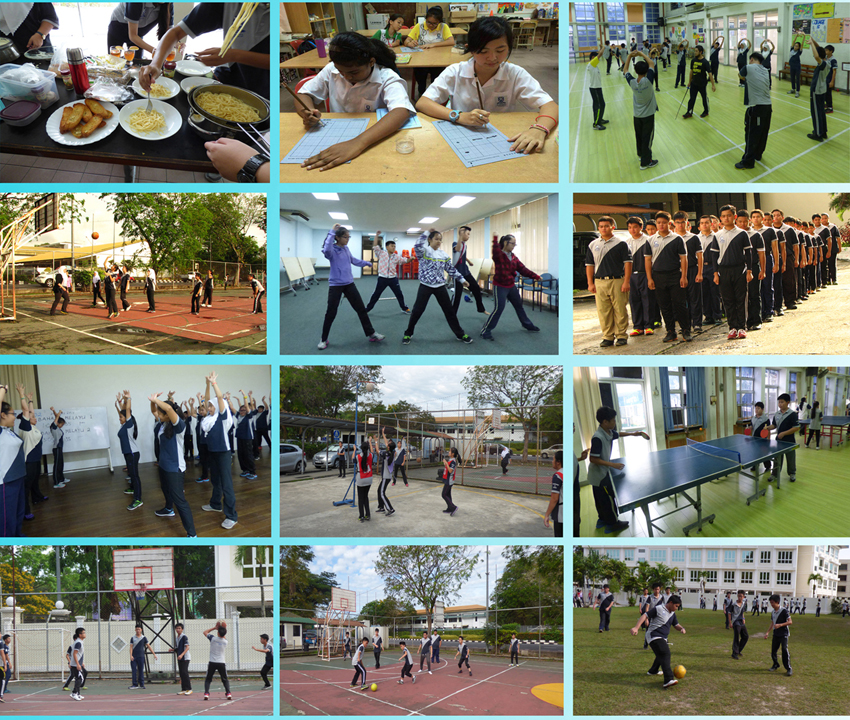
The Ministry of Education’s plan to include participation in co-curricular activities as one of the criteria for awarding government scholarships demonstrates the government’s growing commitment to improving educational quality. This aims to develop quality human resources, expedite social change, and cultivate a productive population that can drive a modern economy.
Co-curricular activities — formerly known as extra-curricular activities — foster leadership, time management, teamwork, interpersonal communication, and other skills that employers may value when making hiring decisions. These experiences and activities outside the classroom are directly related to students' future career development. Essentially, co-curricular programming encourages students' participation in activities that enhance developmental goals through issue-oriented and educational programmes, as well as skill-building opportunities. In these environments, students can acquire a wide range of professional, leadership, and life skills.
The school holds Co-curricular Activities on Tuesday (for Upper Primary) and Thursday (for Lower Primary and Secondary). The clubs are listed below.
Through the Physical Education (P.E.) programmes, students develop an understanding of the importance of physical well-being. It also widens their experience in physical activities and develops group co-operation, communication and physical fitness.

